Overactive Thyroid Gland - Hyperthyroidism
The thyroid gland is extremely important. It produces thyroid hormones that regulate the metabolism of our cells – they control how quickly our body burns energy, makes proteins, and how sensitive it is to other hormones. This gland is located in the lower part of our neck, just below the Adam's apple (and yes, women have it too).
I'm not going to describe the workings of the thyroid gland in detail. I will, however, focus on two conditions that are caused by the incorrect functioning of thyroid gland. These conditions arehyperthyroidismandhypothyroidism.Both can cause severe tiredness and muscle weakness.
Symptoms of Hyperthyroidism
This condition occurs when the thyroid gland becomes overactive – it starts producing excessive amount of thyroid hormones.
Several signs and symptoms may indicate hyperthyroidism (keep in mind that these symptoms are very mild at the beginning, but they do increase with time). The symptoms are:
- Fatigue
- Excessive sweating
- Increased bowel movements
- Shaking
- Irritability
- Unexplained weight loss
- Irregular menstrual flow
- Heat intolerance
- Rapid heart rate
Most severe cases of hyperthyroidism can lead to “thyroid storm”, a condition that involves heart failure, fever and high blood pressure.
Tests & Diagnosis
Identification of this disease is made primarily through blood tests. The doctor will check for the levels of thyroid hormones and TSH in your blood. If you have hyperthyroidism, the levels of thyroid hormones will most likely be elevated and the levels of TSH decreased.
There is one other thing I should mention. If both the levels of thyroid hormones as well as the levels of TSH are high, the patient is most likely suffering from a rare condition, known as “secondary hyperthyroidism”.
Treatment
Treatment isn't always the same. It is based on several variables, including severity of the symptoms, the patient's age, the size of the thyroid gland and potential other coexisting medical conditions.
There are several medications available that immediately treat the symptoms of hyperthyroidism. But keep in mind, these medications do not influence the levels of thyroid hormones; they only alleviate the effects of the disease.
In most cases, hyperthyroidism can be cured with a single dose of radioactive iodine. The production of thyroid hormone can also be controlled with the use of medications, such as methimazole or propylthiouracil.
Surgery, although not common, may also be used as a treatment for hyperthyroidism. It is mainly appropriate for pregnant women, children who have major reactions to anti-thyroid medications and patients with very large thyroid glands.
If the thyroid gland becomes underactive, this condition is known asHypothyroidism.
Conclusion
Overactive thyroid gland or Hyperthyroidism can be the main reason why you feel tired. But you should know that this is just one of many possible reasons. Othermedical conditions that cause tirednessinclude:


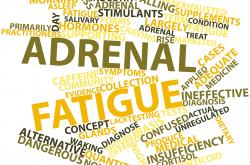
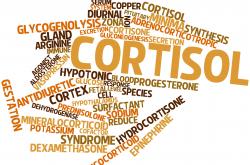

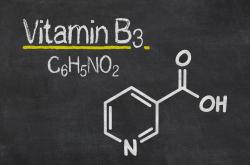

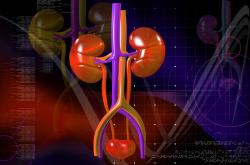
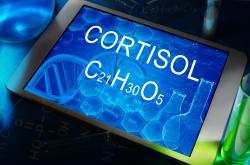










Leave a comment